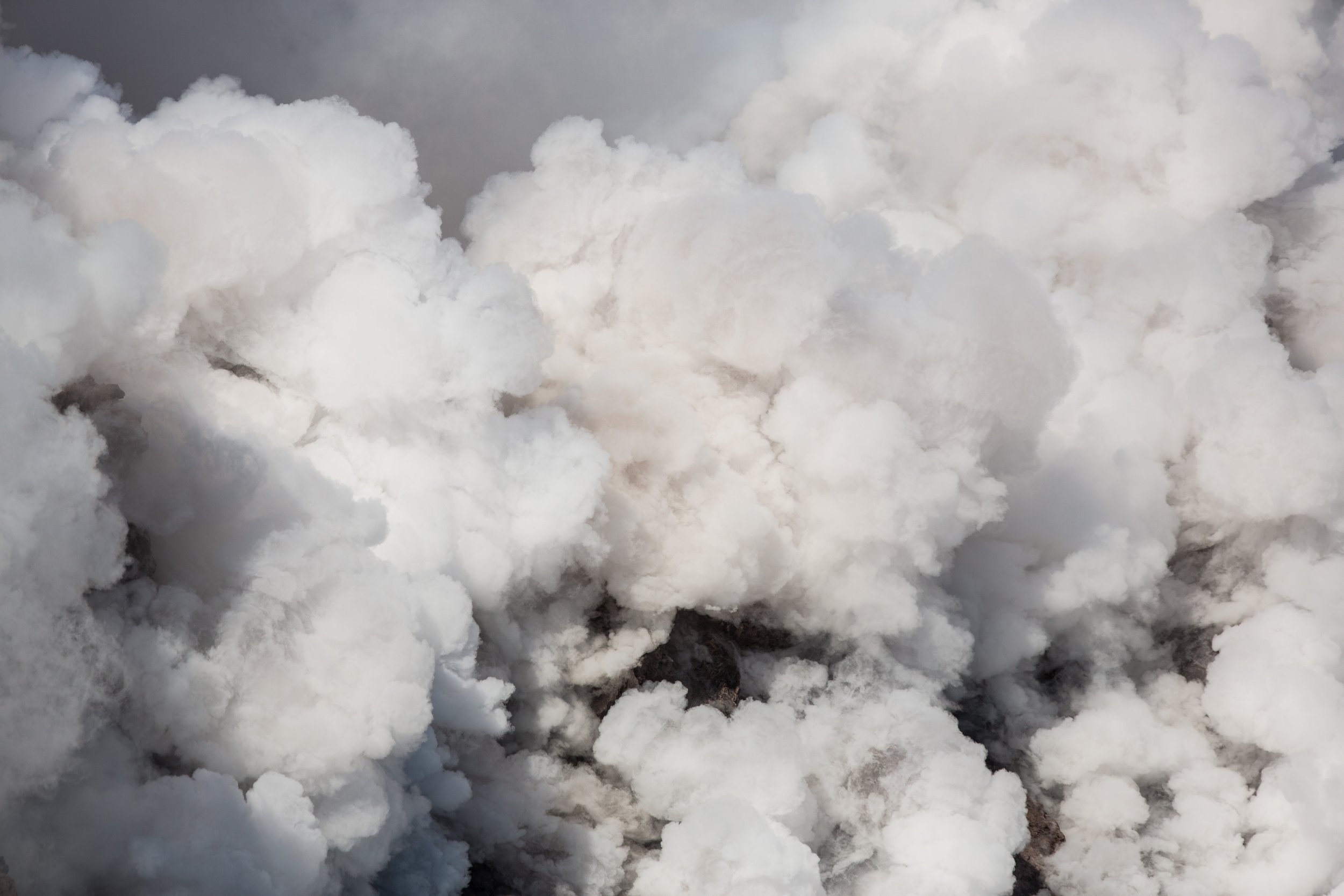
Title: Assessing Markers of Toxicity in Firefighters Responding to Disasters (2023-2026)
Funding: Federal Emergency Management Agency (FEMA) EMW-2022-FP-00711
Principal Investigator: Jackie Goodrich, PhD
Goal
High-risk, low-frequency incidents such as large chemical fires, building collapses, and wildland-urban interface fires can result in acute, high-dose exposures to toxic agents. These incidents, while rare for any one fire department, can encompass an acute exposure burden that may last for hours to days. The contribution of these exposures to firefighters’ risks for cancer and other diseases is relatively unknown. Research is needed to define the exposures and associated toxicity and follow the exposed firefighters over time to determine their long-term health effects and ultimately how to intervene to help mitigate these adverse effects. The overarching goal of this project is to understand the health implications for firefighters responding to high-risk/low-frequency incidents.
Specific Aims
1. Compare frequency of genetic mutations between incident responders to the East Palestine, OH, train fire and a control firefighter group.
2. Compare expression of microRNAs between incident responders to the East Palestine, OH, train fire and the control group.
3. Develop and test a rapid-response protocol to enroll firefighters responding to incidents and follow them up.
Anticipated Impact
We anticipate that firefighters responding to the 2023 East Palestine train fire will have elevated mutational frequencies and altered expression of cancer-related miRNAs compared with the control group. We will develop a protocol module for the FFCCS focused on high-risk incidents and use the protocol after future incidents. Overall, capturing data from high-risk events will inform understanding of their impact on firefighter health.
Study Updates
1. Firefighters who responded to the East Palestine train derailment and a group of firefighters from the same region who did not attend the incident provided samples and survey data several months after the incident and again 2 years later.
2. In conjunction with the FFCCS Wildland Firefighter Study, firefighters who responded to the 2023 Maui wildfires will be provided study follow-up.
3. MicroRNA analysis for the samples collected at the first East Palestine study visit is complete, and results were shared with participants. Publication is in progress.
4. Rapid response study protocols were used to collect samples from firefighters that responded to the January 2025 LA-area urban conflagrations. Analysis of exposure and toxicity biomarkers are currently underway.